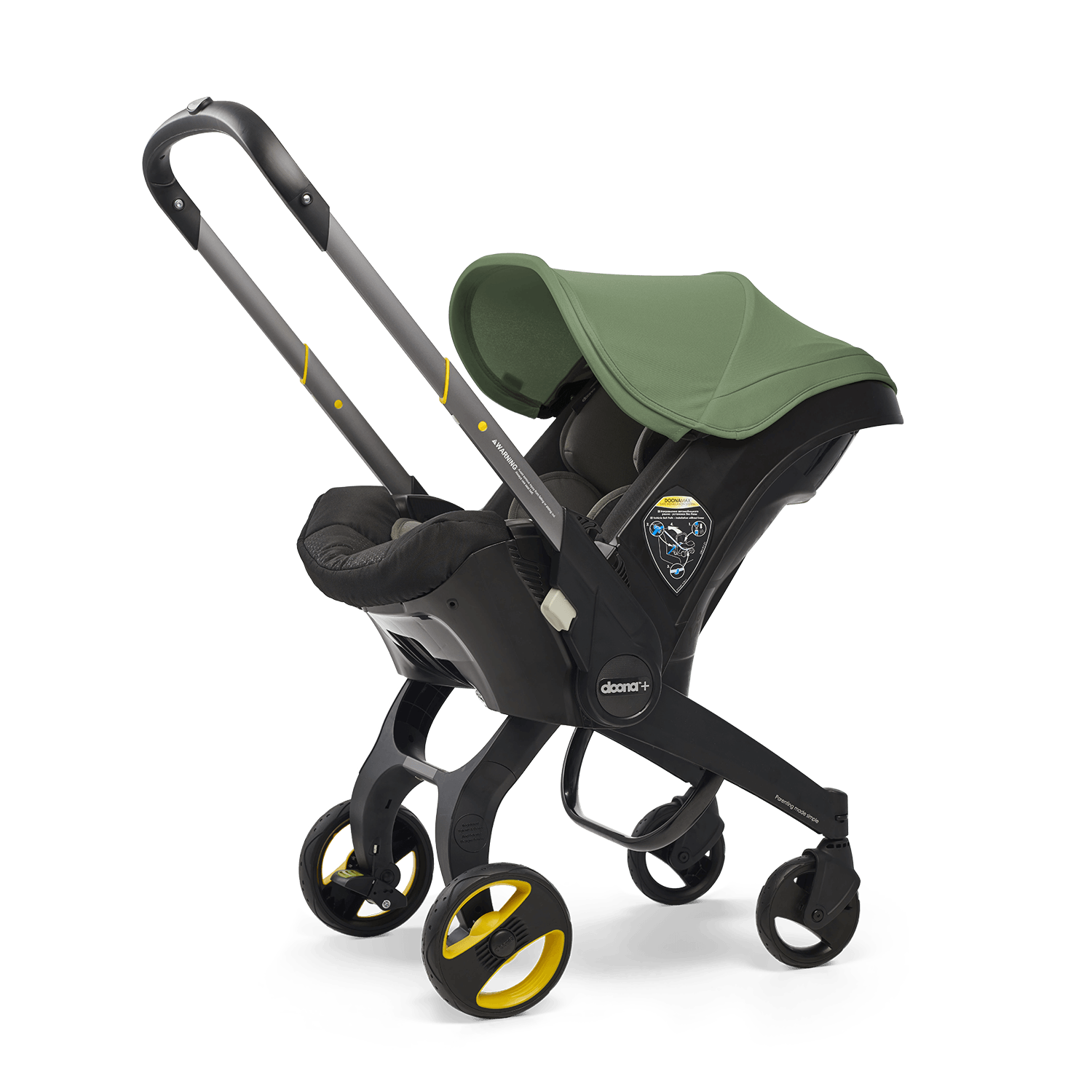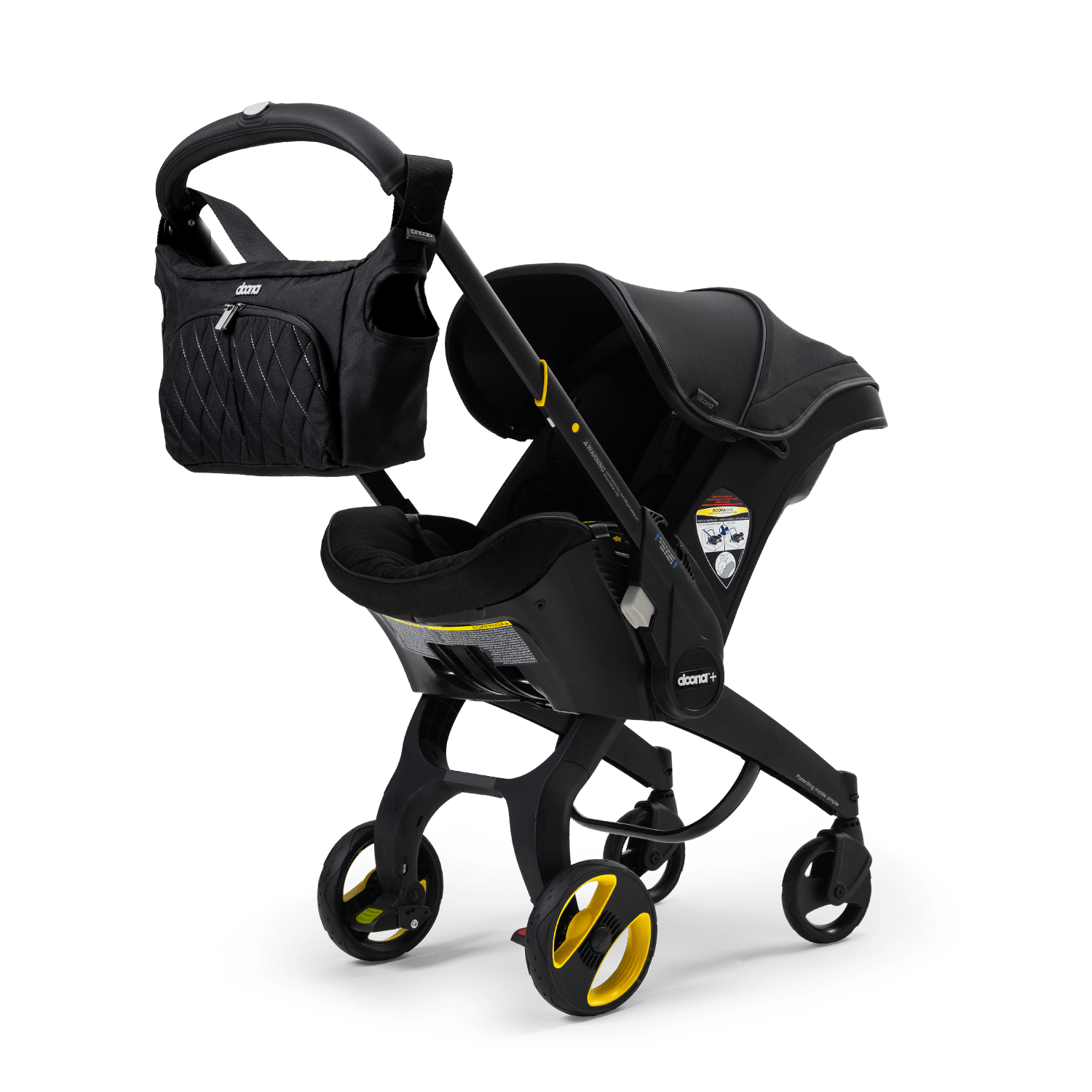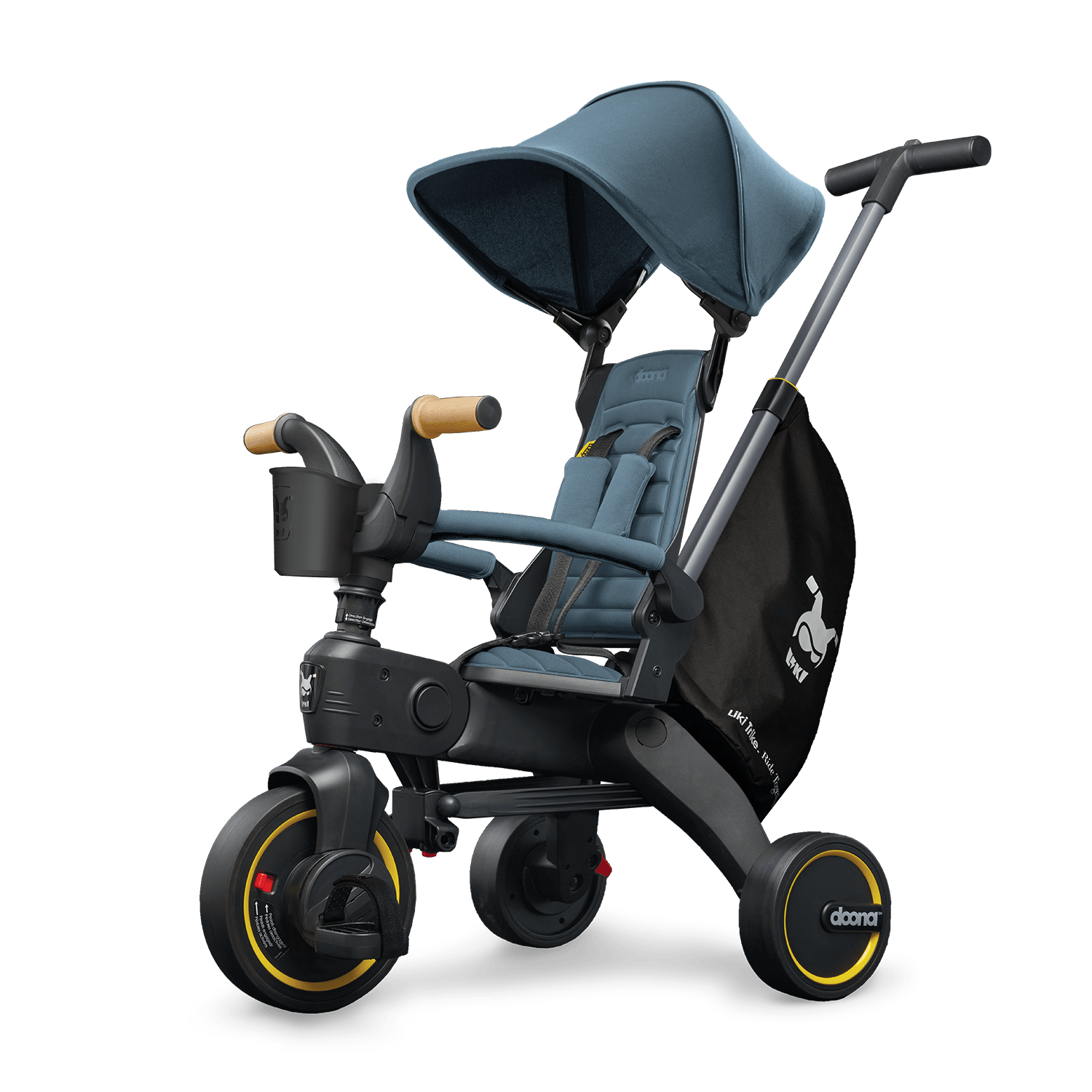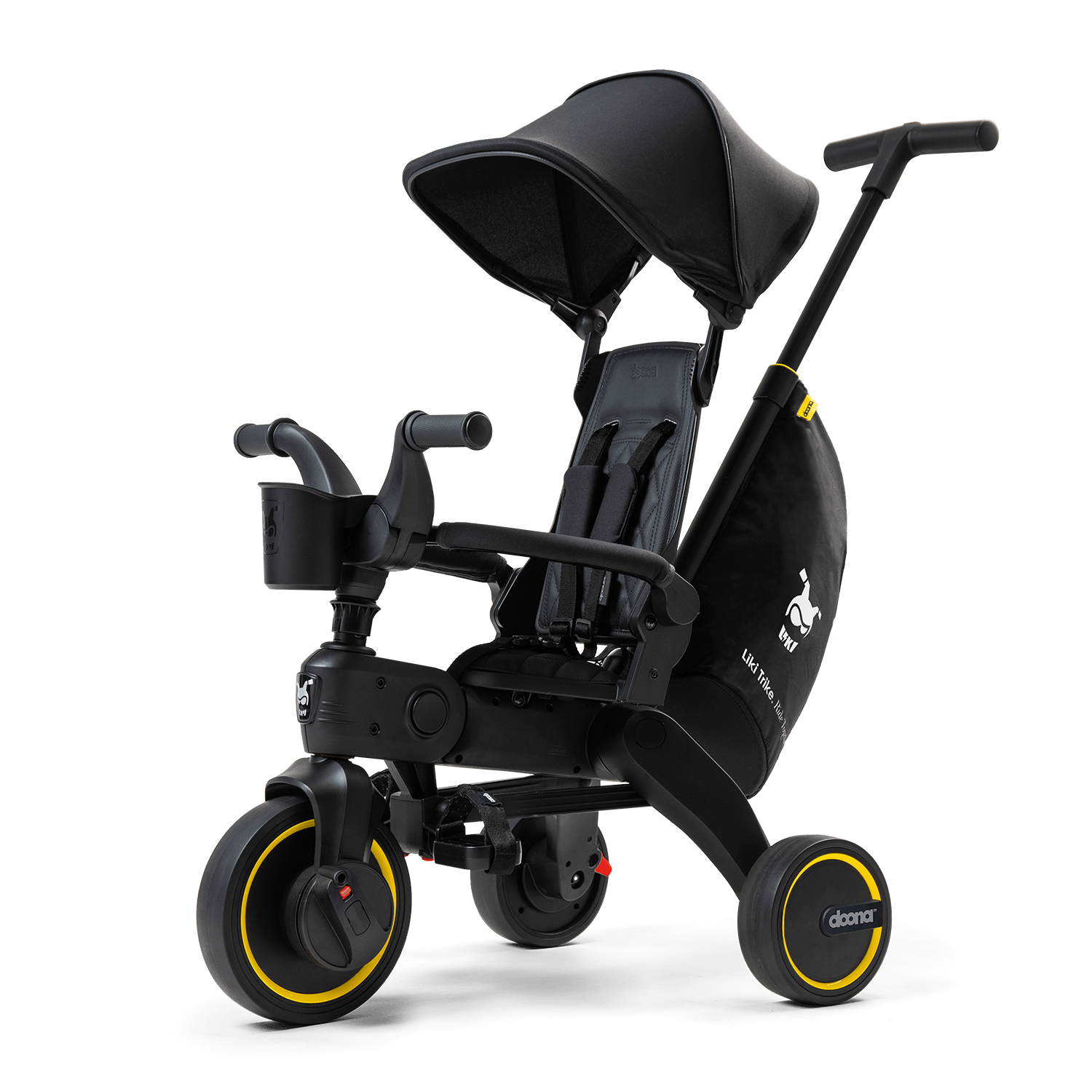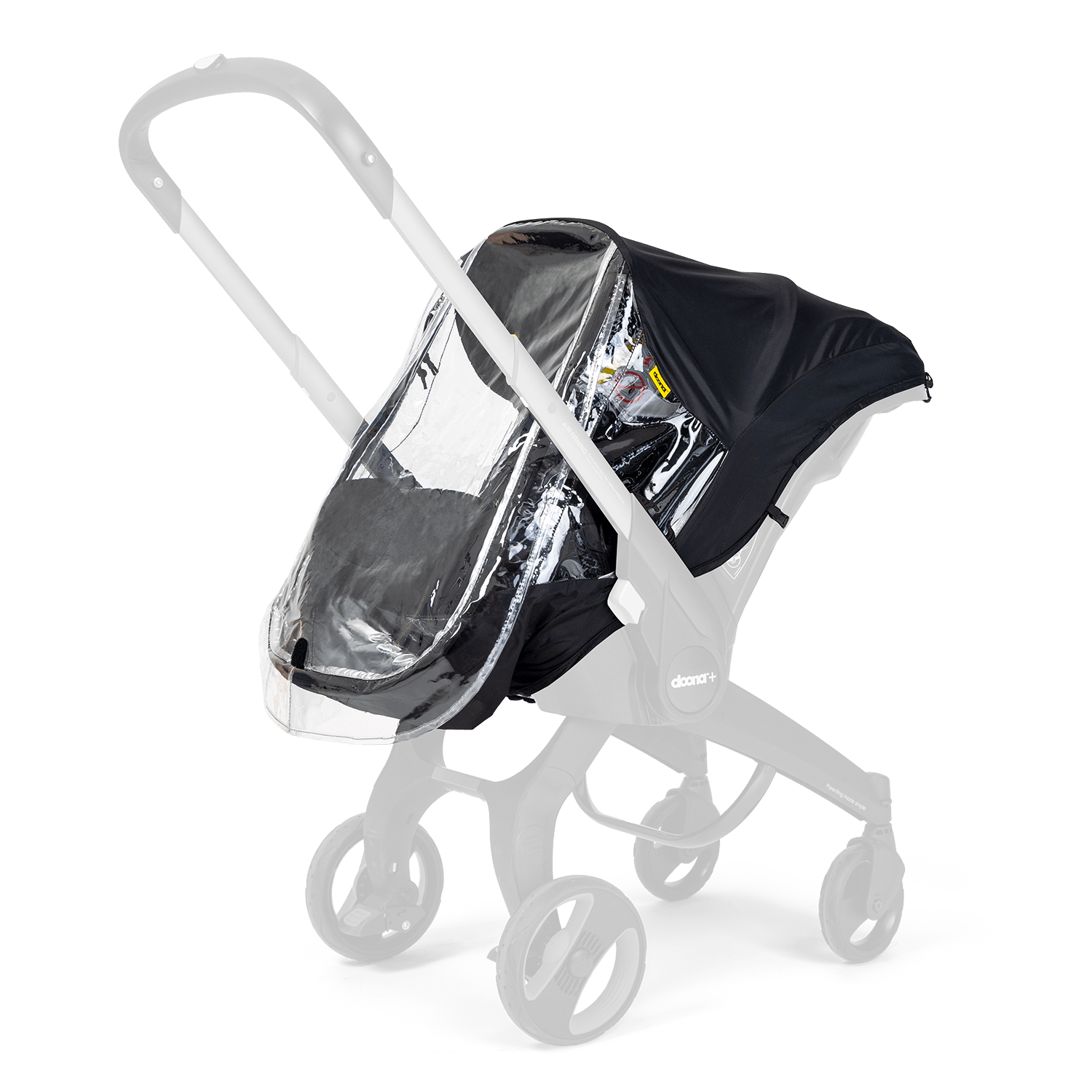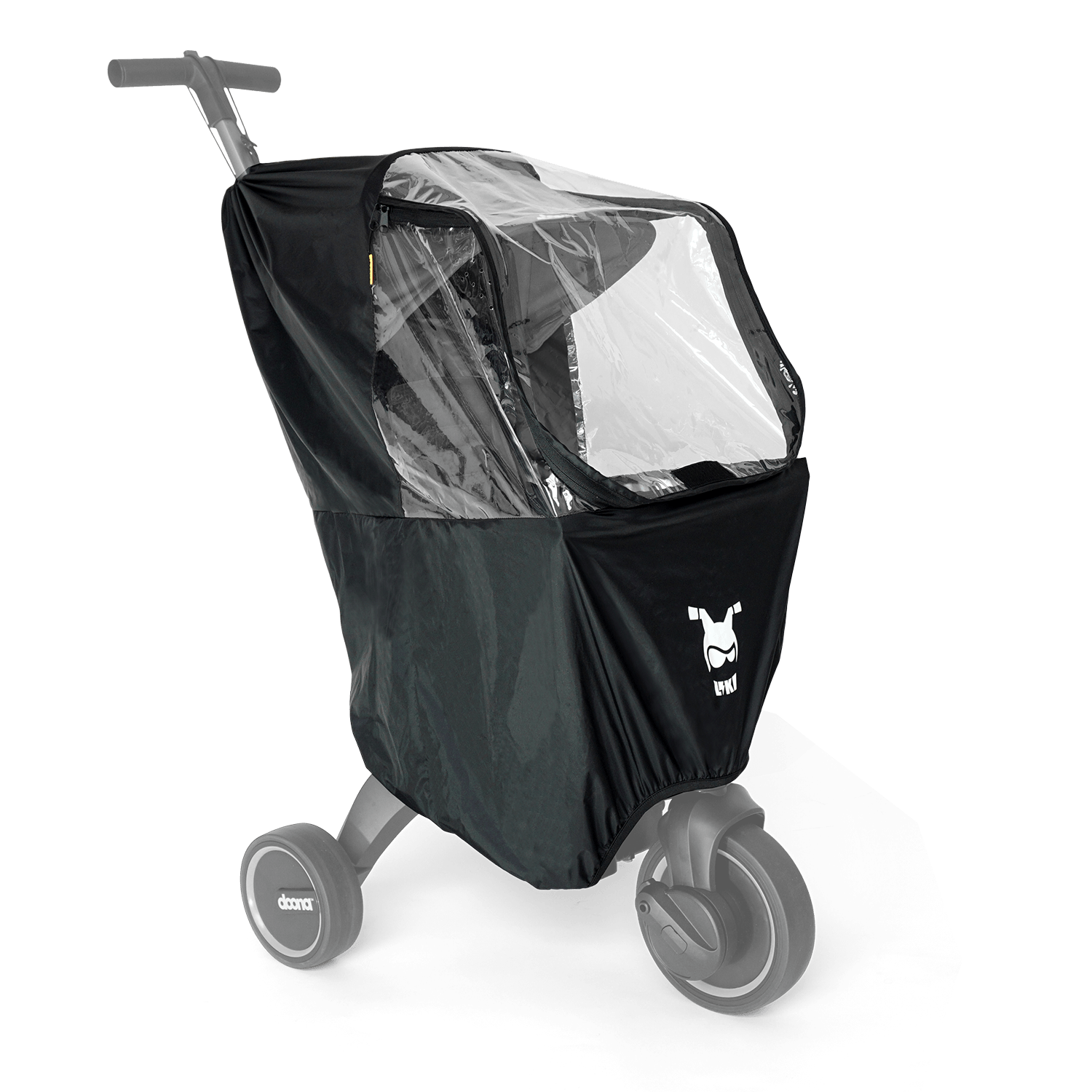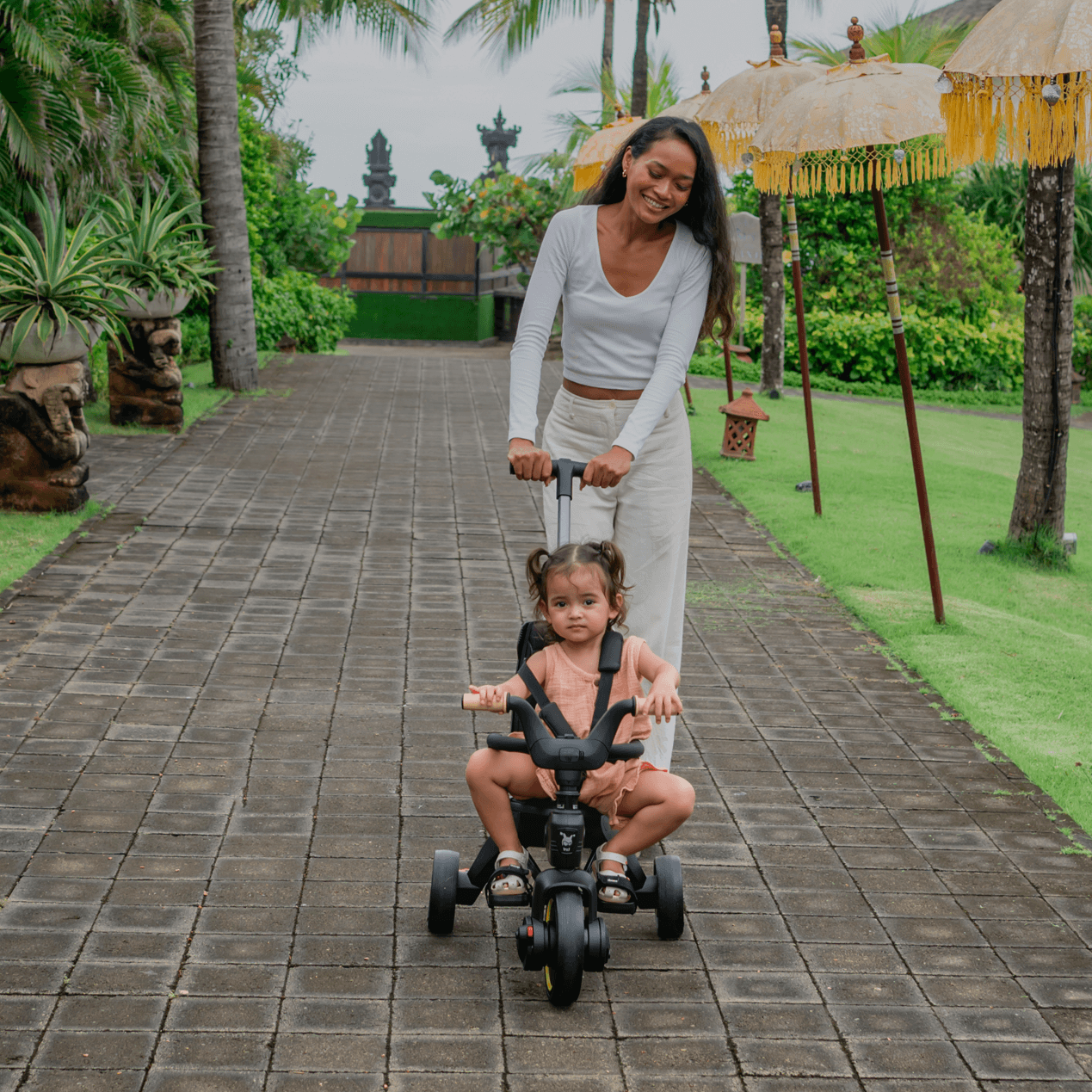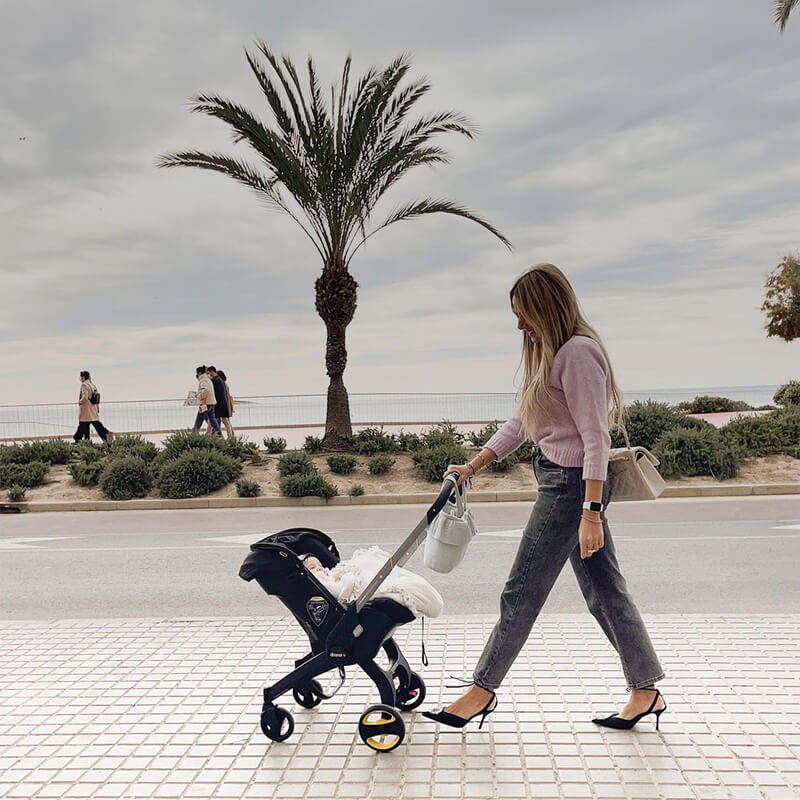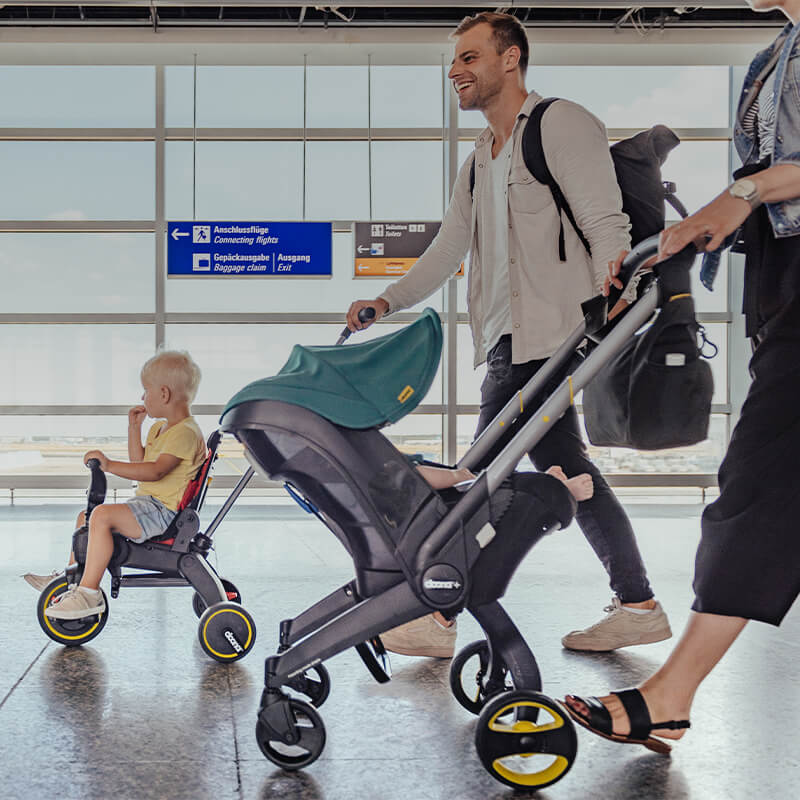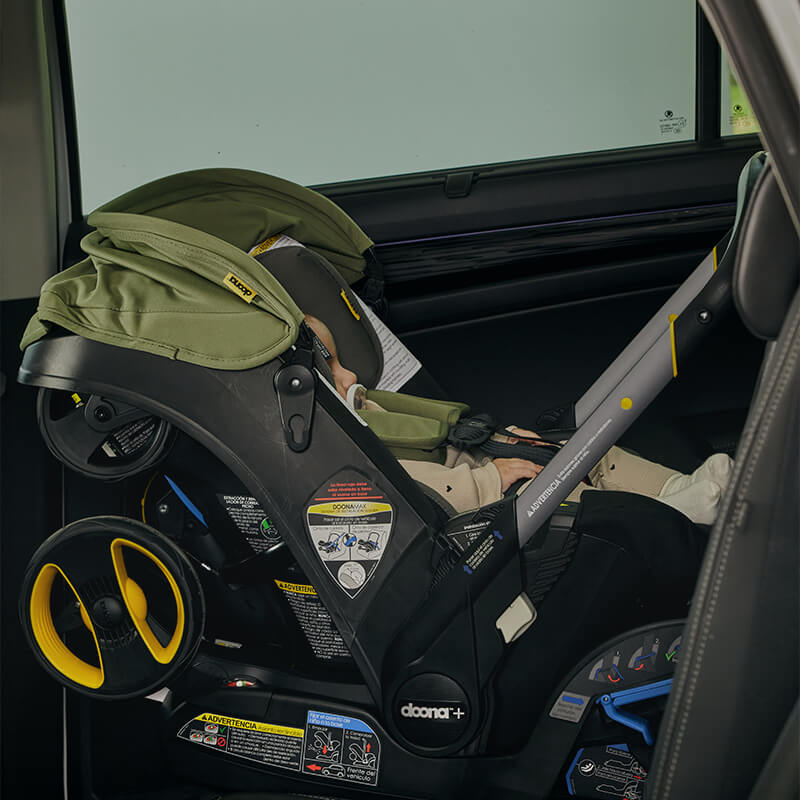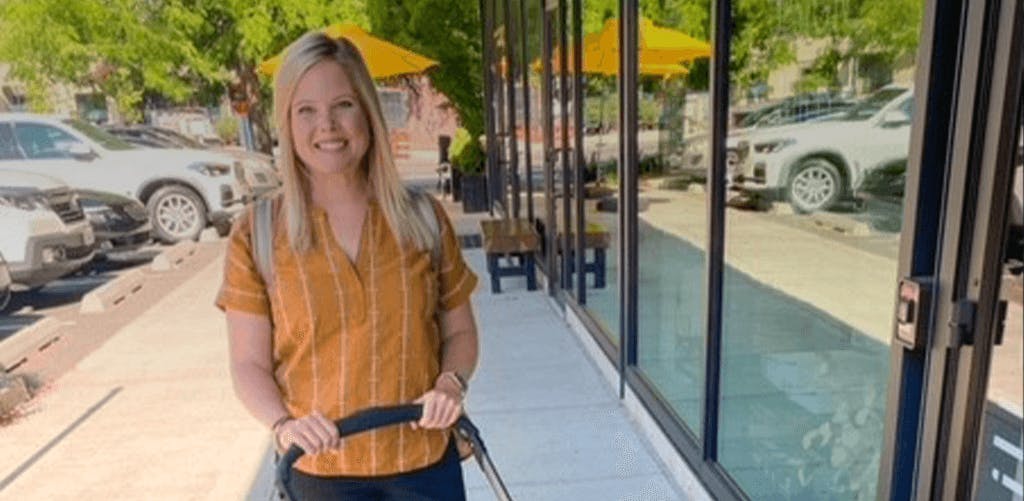Insights with early childhood educator & parenting coach Kirsten Russel on positive parenting
We sat down with early childhood educator and parenting coach Kirsten Russel, for an in-depth discussion about positive parenting, childrens’ development, and raising spirited kids.
What does Positive Parenting mean to you?
The term Positive Parenting falls under the umbrella of respectful parenting, conscious parenting, or gentle parenting. No matter what you call it, the foundation is based on raising children based on neuroscience and developmentally appropriate ways to discipline and nurture children. It’s throwing out tools from our pasts such as shame, timeouts, spanking, or fear-based parenting that we know are not the best practices, and learning how to be strong and thoughtful leaders for our children.
I’m a firm believer that we can’t change a child’s behavior without changing how parents view behavior. It all starts with us!
As an expert in early childhood development, what are some of the biggest challenges you see among your clients?
In a world with social media, books, research, and parenting advice available to us, positive parenting can quickly become overwhelming with information, leading us to feel like we make more mistakes than we really are. Our kids matter so much to us, so expectations are very high for ourselves. For example, parents read on social media that they shouldn’t tell their child, “Good job” because it will contribute to their children becoming externally motivated. Then that same parent is at the park, and their child masters the monkey bars for the first time and they are so proud and yell, “Good job sweetie!” They look around sheepishly to hear if anyone heard them say it, and now fear their child will have no internal motivation. This type of perfectionism can produce anxiety and take us out of the present moment from being with our kids. If I could be a fly on the wall watching you all day, I could name hundreds of things you are doing beautifully.
Inform yourself, give yourself a lot of grace, and do what’s best for your family.
In your blog you talk about the importance of boundaries, any tips to help parents set clear boundaries with their children?
I like to think of boundaries similar to railings on a bridge. Imagine walking over a narrow bridge in the dark. The railings on the sides of the bridge help you feel safe and allow you to walk over it knowing how far you can walk to the sides safely. Often we are fearful to add boundaries, or put up those railings for our children, because our child protests or pushes back. Boundaries help kids feel safe and secure. It is the essence of our job as parents.
What are some of your preferred strategies for building social and emotional skills in children?
You can never go wrong with modeling social emotional strategies. It is something you can do that will not take extra time or materials. It can be as simple as driving in the car and taking deep breaths when you take the wrong turn, or letting your child overhear you genuinely apologize to a friend or partner. Last week, I was anxious for a dentist appointment. Instead of going through my coping skills on my own such as taking a long walk beforehand, and using self talk to empower myself, I took my kids on the walk with me and told them how I was feeling and how moving my body before I do something hard helps calm the butterflies.
You’re an advocate for ‘spirited kids’, could you explain what a spirited kid is?
Spirited children have a little more of everything. They are the children who stand out in a crowd because they have more energy, more intensity, more persistence and resistance, and bigger feelings. These children make up around 20% of the population, and yet it can feel very tough and lonely raising them. Spirited, or spicy kids need a different approach to discipline, and often mainstream positive parenting strategies don’t work with these porous kids that take everything in on a deep level.
What is the biggest misconception about early childhood development?
The biggest misconception is our expectations on what kids can do. Kids do well if they can. Often we think that just because a baby slept through the night, they can do it again. We think that because our child just had their 4th birthday, they shouldn’t be hitting or throwing toys when they have big feelings. When our children do not meet our expectations, we become reactive and frustrated, when in hindsight, our expectations were too high.
If you could tell every parent one piece of advice that you’ve learned through your life and career, what would it be?
Our kids desperately need to feel seen for who they really are. When our children grow up, we want them to reflect on their childhood and think, “My parents weren’t always perfect, but they accepted me for who I was and loved me no matter what. There were no conditions attached to their love like getting good grades, or becoming an athlete.” You can show your child that you see them and understand them by asking them questions about their interests. Remind them daily that they are a good kid, even when they are struggling. Taking a few minutes a day to sit down without our phones and watch them play. These small moments add up.
No matter how you parented last year, or yesterday, you can always change how you parent. That is the great thing about a child’s brain, is that a child’s brain changes based on hundreds of repeated experiences with their caregivers. You got this!
Kirsten Russel is an expert in early childhood development, an educator, a certified positive parenting coach and supermom to her three spirited boys. You can learn more about Kirsten at her Instagram handle @kirstrussel (opens in a new tab) and the mindful motherhood blog (opens in a new tab).
At Doona, we are all about providing products and tools to help make life easier for parents. That’s why we created smart and functional travel baby gear like our Doona Car Seat & Stroller, the fully integrated travel system that transforms in a click; as well as Liki Trike, the most compact folding tricycle on the market.
